How to Become a Real Estate Agent in Canada: A Complete Guide

Are you considering a career change or eager to enter a dynamic profession? Learning how to start being a realtor in Canada can open doors to a fulfilling and lucrative career. The Canadian real estate market is booming, and there’s no better time to join this exciting field. At Trust Your Talent, we’re dedicated to guiding you through the process of becoming a real estate agent. This comprehensive guide will walk you through every step, from understanding the realtor requirements to obtaining your real estate license Canada.
Embarking on this journey not only offers financial rewards but also the satisfaction of helping people find their dream homes. With the right education and support, you can turn your passion for property into a successful career. Let’s explore what it takes to get into the real estate industry and how Trust Your Talent can help you every step of the way.
Understanding the Real Estate Profession
The real estate profession in Canada is vibrant and offers numerous opportunities for growth. As a real estate agent, you’ll play a pivotal role in the property market, connecting buyers with sellers and facilitating transactions.
What Does a Real Estate Agent Do?
A real estate agent assists clients in buying, selling, and renting properties. They act as intermediaries, providing valuable market insights and negotiating deals to ensure client satisfaction.
Key Responsibilities:
- Market Analysis: Staying updated on property trends and pricing to advise clients effectively
- Client Consultation: Understanding client needs and preferences to find suitable properties
- Property Showings: Arranging and conducting viewings to showcase properties
- Negotiation: Facilitating offers and counteroffers between buyers and sellers
- Transaction Management: Handling paperwork and legal documentation to ensure smooth transactions.
Being a real estate agent requires excellent communication skills, a keen eye for detail, and a passion for helping others. It’s a career that offers diversity in daily tasks and the opportunity to build lasting relationships.
Real Estate Agent vs. Realtor vs. Broker
Understanding the different roles in the real estate industry is crucial for your career path.
Real Estate Agent:
- A licensed professional facilitating property transactions
- Must complete pre-licensing education and pass an exam.
- Works under the supervision of a licensed brokerage.
Realtor:
- A real estate agent who is a member of the Canadian Real Estate Association (CREA)
- Adheres to a strict code of ethics and professional standards.
- Gains access to additional resources and networking opportunities.
Real Estate Broker:
- An agent with additional education and licensing
- Can manage their own brokerage and supervise other agents.
- Takes on more responsibility and potential for higher earnings.
Advance Your Career: Learn more in our guide on How to Become a Real Estate Broker in Canada.
Choosing between these paths depends on your career goals, willingness to invest in further education, and desire for additional responsibilities.
Benefits of a Career in Real Estate
A career in real estate offers numerous advantages that make it an attractive option for many professionals.
Benefits Include:
- Flexible Schedule: Set your own hours and achieve a work-life balance
- Unlimited Earning Potential: Income based on commissions, offering financial growth.
- Career Growth: Opportunities to specialize and advance, such as becoming a broker
- Networking: Connect with diverse clients and professionals in the industry
- Personal Fulfillment: Play a key role in helping clients find their dream homes.
These benefits, combined with the dynamic nature of the real estate market, provide a rewarding and exciting career path.
Licensing Requirements in Canada
Before you can work as a realtor, it’s essential to understand the licensing requirements in Canada. These requirements ensure that all real estate professionals are qualified and adhere to industry standards.
General Realtor Requirements and Real Estate Agent Prerequisites
To become a licensed real estate agent in Canada, you must meet certain prerequisites.
General Requirements:
- Age: Must be at least 18 or 19 years old, depending on the province
- Education: High school diploma or equivalent.
- Legal Status: Authorized to work in Canada.
- Language Proficiency: Fluency in English or French for effective communication.
Meeting these basic criteria is the first step toward your real estate career.
Realtor License Requirements by Province
Licensing requirements vary across provinces, so it’s crucial to understand the specifics for your region.
Ontario
- Education: Complete the Real Estate Salesperson Program
- Exam: Pass the provincial licensing exam.
- Registration: Register with the Real Estate Council of Ontario (RECO).
British Columbia
- Education: Finish the Real Estate Trading Services Licensing Course through UBC.
- Exam: Pass the Real Estate Council of British Columbia (RECBC) licensing exam.
- Licensing: Apply for your license with the regulatory body.
Other provinces have similar steps but may involve different educational institutions or regulatory bodies. Always check with your provincial real estate association for detailed requirements.
Steps to Earn Your Real Estate License
To earn your real estate license, follow these steps:
Complete Pre-Licensing Education:
- Enroll in a recognized realtor course Canada program.
- Choose between online or in-person classes based on your learning preference.
Pass the Licensing Exam:
- Prepare thoroughly with study materials and practice exams.
- Schedule your exam through the appropriate provincial authority.
Apply for Your License:
- Submit your application to the provincial regulatory body
- Include all necessary documentation and pay the required fees.
Join a Brokerage:
- Required to legally work as a realtor
- Provides mentorship, resources, and support as you start your career.
Become a CREA Member:
- Join the Canadian Real Estate Association to become a recognized realtor
- Access exclusive tools, resources, and networking opportunities.
Understanding and completing these steps will set the foundation for your success in the real estate industry.
How Long Does It Take to Become a Real Estate Agent?
Typically, it takes 4 to 6 months to become a licensed agent, but this can vary based on several factors.
Factors Influencing Timeline:
- Course Format: Full-time courses may expedite completion, while part-time allows for flexibility
- Provincial Requirements: Additional steps or courses may be required in certain provinces
- Exam Scheduling: Availability of exam dates can affect the overall timeline.
Learn More: Read our article on How Long Does It Take to Get a Realtor License.
Planning your education path with these factors in mind will help you set realistic expectations and goals.
Obtaining Your Real Estate License Canada
After completing your education, the next step is to obtain your real estate license. This involves passing the licensing exam and fulfilling all application requirements.
Prepare for and Pass the Licensing Exam
Success in the licensing exam requires dedication and thorough preparation.
Tips for Success:
- Study Regularly: Establish a consistent study schedule to cover all topics
- Utilize Resources: Leverage study guides, practice tests, and online resources
- Join Study Groups: Collaborate with peers to enhance understanding
- Seek Guidance: Consult instructors for clarification on challenging subjects.
Approaching the exam with confidence and preparation increases your chances of success.
Apply for Your License
After passing the exam, you’ll need to apply for your license through the provincial regulatory body.
Application Steps:
- Gather Necessary Documents: Proof of education, exam results, identification
- Complete Background Checks: Some provinces require criminal record checks
- Fill Out Application Forms: Ensure accuracy and completeness
- Pay Licensing Fees: Fees vary by province; check the specific amounts.
Timely submission of your application will expedite the licensing process.
Join a Brokerage to Get into Real Estate
Joining a brokerage is a mandatory step to legally practice as a real estate agent.
Benefits of Joining a Brokerage:
- Mentorship: Receive guidance from experienced professionals.
- Resources: Access marketing tools, client databases, and administrative support.
- Brand Recognition: Leverage the brokerage’s reputation to build credibility.
- Networking Opportunities: Connect with other agents and industry contacts.
Selecting the right brokerage aligns your career with your professional goals and values.
Starting Your Real Estate Career
With your license in hand and a brokerage to support you, it’s time to launch your career.
Building Your Professional Network
Networking is crucial in the real estate industry to grow your client base and professional connections.
Effective Networking Strategies:
- Attend Industry Events: Conferences, seminars, and workshops.
- Leverage Social Media: Use platforms like LinkedIn and Instagram to showcase your expertise.
- Join Professional Associations: Membership in organizations like CREA enhances credibility.
- Engage in Community Activities: Participate in local events to increase visibility.
Building relationships fosters trust and opens doors to new opportunities.
Utilizing Real Estate Mentorship Programs
Enhance your career prospects by joining our Real Estate Mentorship Programs.
Program Highlights:
- Personalized Coaching: Receive tailored advice to achieve your goals.
- Skill Development: Improve negotiation, marketing, and client management skills.
- Networking Opportunities: Connect with industry leaders and peers.
- Ongoing Support: Access resources and guidance as you navigate your career.
Ready to explore more real estate career paths? Learn about your options, from becoming a real estate agent to a broker, in our Real Estate Careers guide.
Continuing Education and Professional Development
The real estate industry is dynamic, and continuous learning is essential.
Importance of Ongoing Education:
- Stay Current: Keep up with market trends and regulatory changes.
- Expand Expertise: Specialize in areas like commercial real estate or property management.
- Enhance Credibility: Advanced certifications distinguish you from competitors.
- Meet Licensing Requirements: Some provinces require continuing education for license renewal.
Investing in your professional development ensures long-term success.
Overcoming Common Challenges
Every career has its challenges, and real estate is no exception. Understanding potential obstacles helps you prepare and overcome them.
Is It Hard to Become a Real Estate Agent?
While becoming a real estate agent requires effort, it’s attainable with the right support.
Common Challenges:
- Time Management: Balancing studies, work, and personal life.
- Financial Investment: Covering education, licensing, and startup costs.
- Building Clientele: Establishing a client base takes time and persistence.
- Market Competition: Standing out in a competitive industry.
Overcoming Challenges:
- Plan Ahead: Create a schedule and budget to manage time and finances.
- Seek Support: Utilize mentorship programs and networking opportunities.
- Stay Persistent: Consistency and determination lead to success.
With dedication and resources like Trust Your Talent, these challenges can be navigated effectively.
Managing Real Estate Agent Job Requirements
Meeting the demands of the job requires commitment and adaptability.
Key Responsibilities:
- Ethical Practices: Adhere to industry standards and regulations.
- Continuous Learning: Stay informed about market trends and legal updates.
- Customer Service: Provide exceptional service to build client trust.
- Marketing: Promote your services effectively to attract clients.
Balancing these responsibilities enhances your reputation and success in the industry.
Financial and Time Commitments
Understanding the investments required helps in planning your career path.
Financial Considerations:
- Education Costs: Tuition for real estate agent course Canada programs
- Licensing Fees: Vary by province, typically ranging from $500 to $1,500.
- Startup Expenses: Marketing materials, technology, association memberships.
Time Investment:
- Education Duration: 4 to 6 months, depending on course format.
- Building Your Business: Initial stages may require extra hours.
Planning and budgeting for these commitments ensure a smoother transition into your new career.
Conclusion
Embarking on the process of becoming a real estate agent in Canada is an exciting journey filled with opportunities. Whether you’re curious about how to get into the real estate industry or aiming to advance your career, Trust Your Talent provides the tools and support you need.
What do you need to be a real estate agent? Determination, the right education, and a commitment to excellence. With these, you can build a successful and fulfilling career in real estate.
FAQs
What do you need to become a realtor in Canada?
To become a realtor in Canada, you need to:
- Meet Age and Education Requirements: Typically 18 or 19 years old with a high school diploma.
- Complete Pre-Licensing Education: Enroll in a recognized realtor course Canada.
- Pass the Licensing Exam: Achieve a passing score on the provincial exam.
- Register with the Regulatory Body: Submit your application and fees.
- Join a Brokerage: Required to practice legally.
- Become a CREA Member: To be officially recognized as a realtor.
How long does it take to get a real estate license in Canada?
- Typical Duration: 4 to 6 months.
- Factors Affecting Timeframe:
- Course format (full-time or part-time).
- Provincial processing times.
- Exam availability.
How to get into the real estate industry?
- Step 1: Complete required education.
- Step 2: Pass the licensing exam.
- Step 3: Join a brokerage.
- Step 4: Build your network.
- Step 5: Market your services effectively.
Is it hard to become a real estate agent in Canada?
While it requires dedication, with resources like Trust Your Talent, the process is attainable and rewarding.
What is the cost of becoming a real estate agent in Canada?
- Education Fees: Vary by institution.
- Licensing Fees: Range from $500 to $1,500 depending on the province.
- Additional Costs: Marketing expenses, association memberships, and ongoing education.







